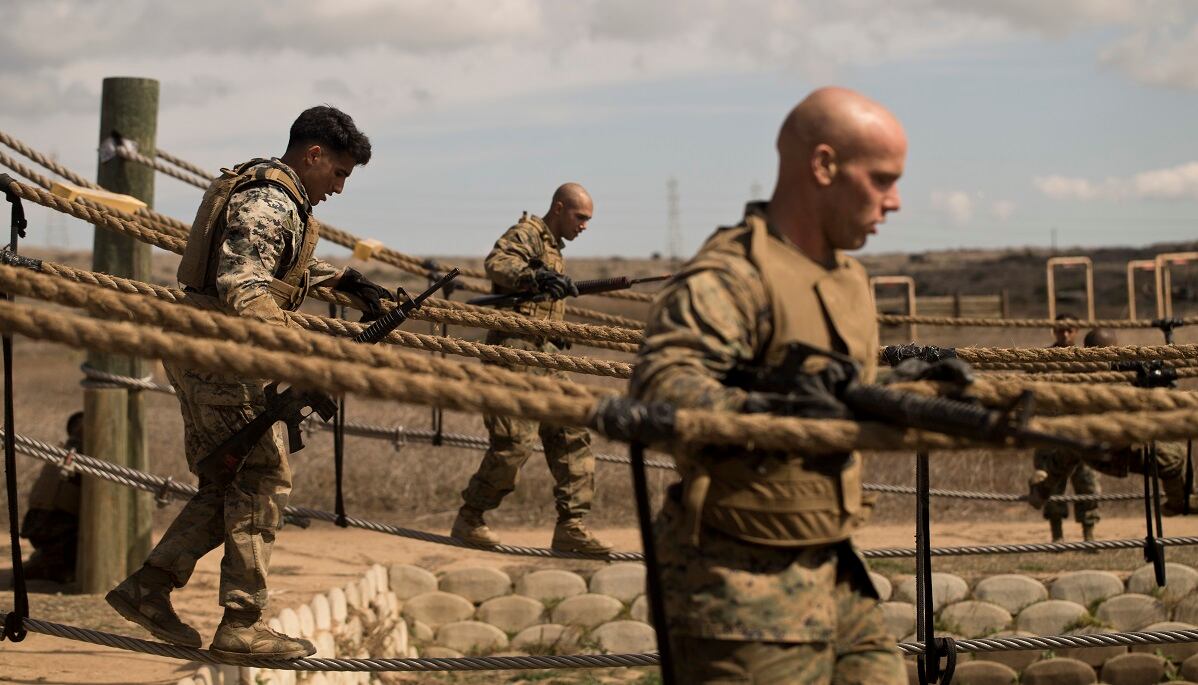In January the Marine Corps rolled out a new cognitive placement test for officers that eventually could change the way the Corps does officer assignments.
It replaces the one Marine officers at The Basic School have been taking since World War II.
The new Criteria Cognitive Aptitude Test was chosen in 2019 as a result of a yearslong search the Corps initiated after finding its roughly 70-year-old test to have “diminished usability,” Capt. Oludare Adeniji, with Marine Corps Manpower and Reserve Affairs, told Marine Corps Times in an email Feb. 7.
Researchers found that scores for the old General Classification Test only provided “pseudo insight into the intelligence of Marine Officers," Adeniji said.
RELATED

Over time, the distribution of test scores narrowed and a notable male bias in the scores started to emerge, making it hard to use the results to determine what an officer’s assignment should be, Adeniji said. The length of the test also led to its eventual scrapping.
At upward of 2.5 hours to complete, lieutenants were spending too much valuable TBS training time taking a test that provided little to no insight for Marine Corps manpower decisions, researchers noted.
Time is a massive advantage for the multiple choice CCAT. The test consists of 50 multiple-choice questions the officers take on computers at TBS. They are given 15-minutes to answer as many questions as possible.
However, “Correctly completing the test is rarely accomplished nor expected,” Adeniji said.
Before implementing the test, the Marine Corps completed a pilot study. The study, announced in June 2019, had more than 900 officers take the CCAT and studied the results.
Researchers found no bias in the test scores they examined and noticed a more normal distribution, making it easier to actually analyze the intelligence of the Marines who took the test.
Adeniji said Marines at TBS are not expected to study for the test, as it is a look at each Marine’s ability to digest and apply information, not their ability to retain knowledge over time.
In addition to avoiding late-night cramming sessions, officers at TBS should not stress too much about the results, at least for now.
The Marine Corps will not use the test to determine assignments until the Corps has enough data to analyze the results and best figure out how to apply it to assignment decisions.
There is no timeline yet on how long that will take, but Adeniji said the goal is to have approximately 10,000 observations before running the analysis and providing recommendations on how to best use the CCAT.
Military.com first reported about the new test.




